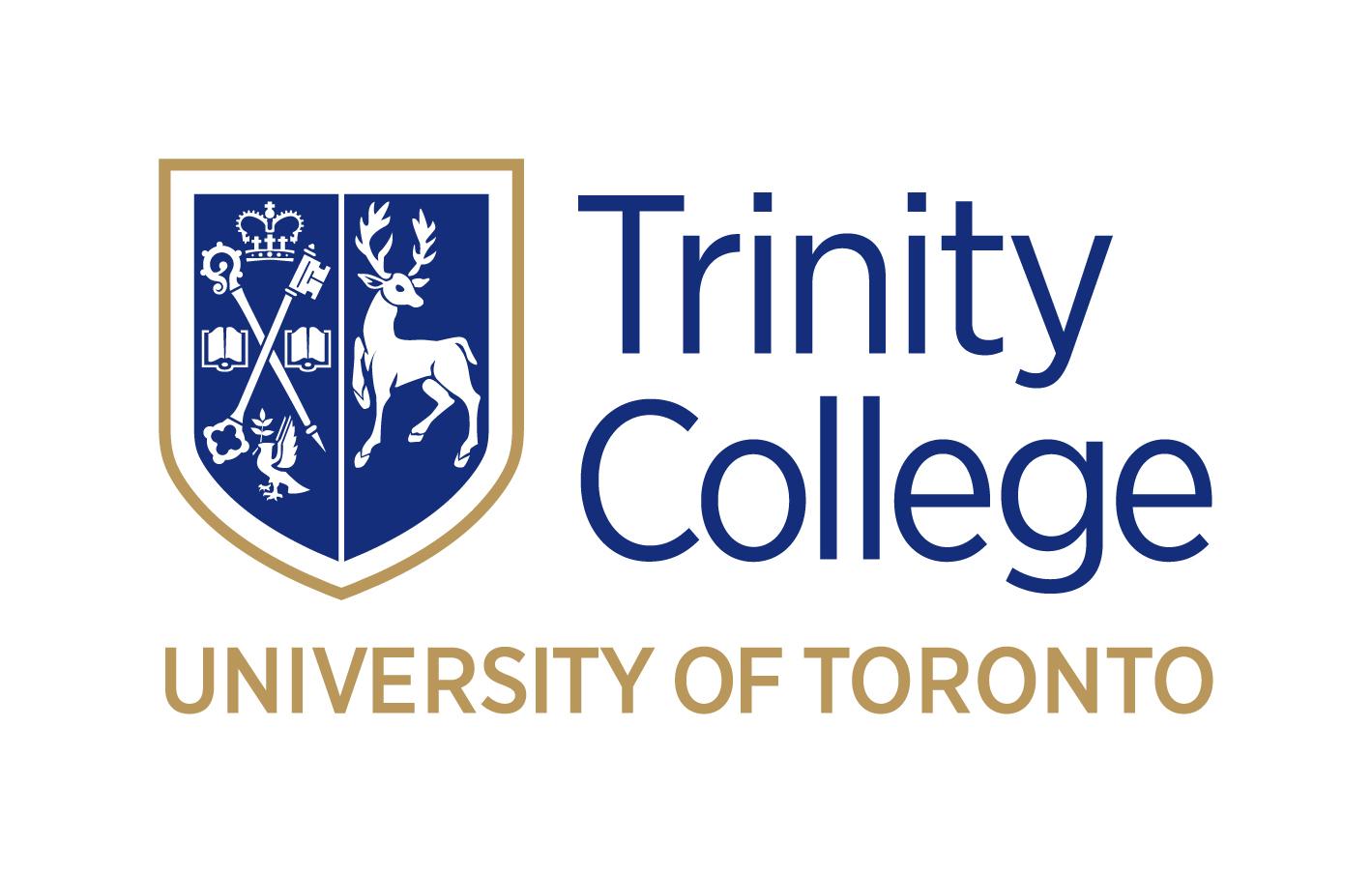

 |
 |
|
Why the G8 Will Endure
John Kirton
Director, G8 Research Group
Co-director, G20 Research Group
February 10, 2011
The G20, as a new leaders-level plurilateral summit with restricted membership, has recently absorbed much of the world’s attention, at least among political elites. Understandably many have wondered about the continued existence and value of the G8, which began meeting as the G7 in 1975 in Rambouillet, France. Some have even assumed it is due to disappear soon. However, several factors suggest that the G8 will endure for as far into the future as any analyst can see.
Since 1975, France has led the cycle of hosting summits, which rotates in the following order: France, United States, United Kingdom, Russia (since 2006), Germany, Japan, Italy and Canada. The G8 leaders in 2010 decided to launch a new cycle, now led off by France as the host this year. U.S. president Barack Obama has already privately invited his G8 partners to the G8 summit he will host in the United States in 2012. British prime minister David Cameron has spoken publicly about his plans for the G8 summit he will host in 2013.
In January 2010, the personal representatives of the G8 and G20 leaders -- the sherpas -- decided that the two groups of leaders would meet annually with the G8 on its usual spring/summer schedule and the G20 following the timing of the fall meetings of the G20 finance ministers and central bank governors, who have been meeting regularly since 1999. France holds the chair of both the G8 and G20 for 2011, with the G8 meeting in Deauville on May 26-27 and the G20 in Cannes on November 3-4. However, as of 2012 the presidency of the G8 and G20 will not be held by the same country. The 2012 G20 summit will be held in Mexico, a non-G8 member, in 2012, and likely in either Russia or Turkey in 2013. Therefore they will not be combined as they were in Canada in June 2010.
Under the division of labour between the G8 and G20 summits, the G8 has exclusive control of security and the lead role in development (including health). These topics are returning to the centre of global attention (e.g., Egypt and Tunisia), as the 2008-09 global financial and economic crises recede. With regard to these two issues, the G8 has a highly mutually supportive relationship with the United Nations and its high-level meetings, as seen most recently in the advances on maternal, newborn and child health in 2010. The G20 has not established such a relationship yet.
In the past few weeks the G8 through its foreign ministers has issued two statements -- one on French citizens taken hostage and one on terrorism in Moscow. G8 governance is thus alive and well. The G20 has issued no statements at all since its last summit in November 2010.
Barack Obama, who was initially more enthusiastic about the new G20 summit than the old G8 one, has now shifted to prefer the G8, as he has seen at first hand how it can work for him on issues dear to his heart (e.g., Iranian nuclear weapons).
Moreover, the G8 summit continues to meet, even though Obama added a summit on an issue also on the G8 agenda -- on nuclear security in 2009, whose 44 leaders are scheduled to assemble again in Korea in 2012 (the same year he will host the G8 summit in the United States).
The G8 in its 36 years of annual meetings has a perfect attendance record -- all the leaders always come if they are alive. The G20 summit that started in November 2008 does not: the leaders of Brazil and Australia did not attend the Toronto Summit in June 2010, and the king of Saudi Arabia did not attend the Seoul Summit in November 2010.
In practice the G8 leaders and the G7 finance ministers continue to discuss and deal with finance, macroeconomic policy, trade and investment, climate change, food security, alongside the G20.
In conclusion, informal plurilateral summit institutions seldom die. Without the safety blanket of a formal charter, often embedded in the domestic legislation of their member states, and without international bureaucracies to do the work and want them to go on, all it takes is for national leaders to decide that they are not worth the time to come. However the oldest such institution of global relevance and reach -- the Commonwealth -- is still alive and well after a century of work. The League of Nations, created later, died within two decades despite having a charter. There are few signs that the G8 leaders have lost interest in the G8, or believe that the G20 is able and appropriate to assume its valued, proven contribution to global governance in the development and security sphere.
|
This Information System is provided by the University of Toronto Library |
All contents copyright © 2023. University of Toronto unless otherwise stated. All rights reserved.